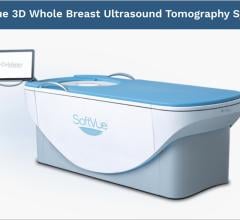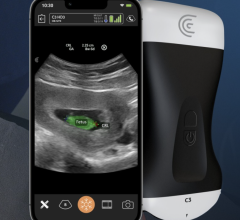
March 17, 2015 — Ikonopedia announced the first installation of its MQSA Follow-up Tracking & Management System at Kentucky Breast Care in Russell Springs, Ky.
Kentucky Breast Care has also installed Ikonopedia's full suite of breast imaging report generation software tools based on indexing breast findings based on what they look like rather than what they are called. The announcement was made at the National Consortium of Breast Centers' (NCoBC) 25th Annual National Interdisciplinary Breast Center Conference, March 14-18.
Andrea Woodroof, M.D., opened Kentucky Breast Care in 2012 to provide dedicated breast imaging services to the South Central Kentucky area. Kentucky Breast Care is one of the first centers in the country to use contrast-enhanced mammography and one of only a few centers in Kentucky offering digital breast tomosynthesis, sometimes called 3-D mammography. The Ikonopedia installation is designed to improve workflow and quality for all breast imaging exams performed at Kentucky Breast Care.
"We recently began using Ikonopedia and have been very impressed with their ability to quickly integrate the RIS [radiology information system] portion of the radiology practice with the EMR [electronic medical record] that is specific to breast radiology, including documentation of physical exams, consultations, phone follow-ups and patient tracking for surgical referrals," said Woodroof. "Their innovative approach to helping us utilize individualized risk assessment and optimized reporting tools is very important to our commitment to provide patients information to empower and inform their breast health care decisions."
The new Mammography Quality Standards Act (MQSA) notification and follow-up system is designed to help users remain compliant with MQSA. The system can manage all patient tracking and communication capabilities, including letters, phone calls and certified/registered mail based on customized user-defined protocols. Ikonopedia provides flexibility in all required patient notifications and letters can be personalized by BI-RADS category, breast density, exam-type and risk assessment score, and can be batch printed with facility logos and government-mandated language. With the letter filter system, patients with dense breasts or high risk score can receive a context-specific letter that is appropriate for them.
Ikonopedia provides a full-enterprise mammography audit that captures all data mandated by the MQSA with no additional data entry. Eliminating the need for manual tracking processes, users can create reports at the enterprise level or segmented at the site/clinic level, or by individual radiologist.
For more information: www.ikonopedia.com


 July 29, 2024
July 29, 2024 








